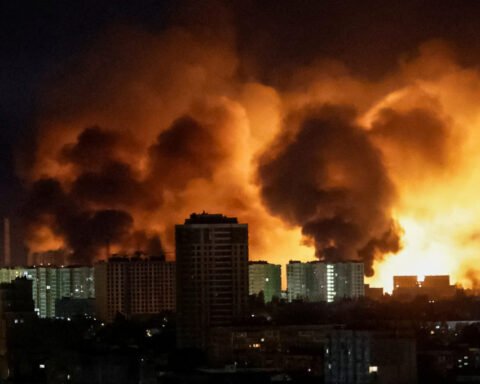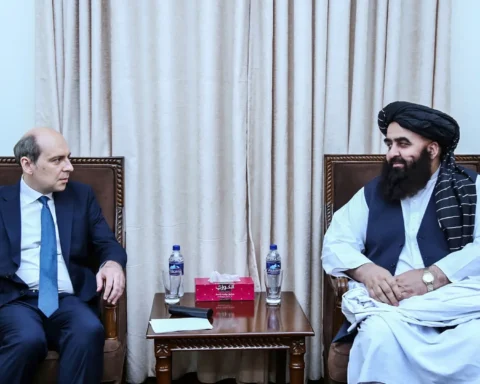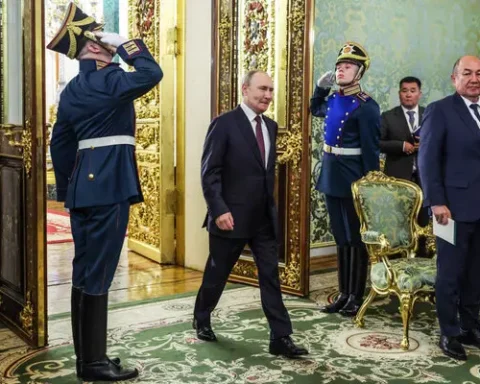Tanzania is currently facing mounting pressure from both local and international actors to launch an independent investigation into a spate of abductions and political killings.
Leading the calls is Tundu Lissu, Vice Chairman of the Democratic Change Party, who strongly advocates for international investigators to step in, citing concerns over the impartiality of Tanzania’s security forces. This demand follows the tragic killing of Ali Mohamed Kibao, a prominent opposition figure, whose death has shocked the nation.
Kibao was abducted while traveling on a bus near Dar es Salaam, only to be found later, his body bearing signs of severe torture, including acid burns. The killing has fueled outrage, particularly from opposition members, who accuse elements within the country’s law enforcement and security agencies of being complicit in such incidents. Kibao’s death is the latest in a troubling series of politically motivated attacks, raising concerns about the safety of opposition leaders and their supporters.
In response, President Samia Suluhu Hassan has vowed a thorough investigation, expressing her sadness over the incident. She assured the public that the perpetrators would be brought to justice, emphasizing that such acts of violence have no place in a democratic society. However, opposition leaders remain skeptical. They argue that state agencies, including the police, are themselves implicated in similar abuses, making it impossible for them to conduct an impartial investigation. Freeman Mbowe, chairman of the Democratic Change Party, has echoed Lissu’s calls for the establishment of an independent judicial committee to oversee the case.
These demands have been supported by international bodies. The U.S. Embassy in Tanzania has urged the government to ensure a “transparent and prompt” investigation. In a statement, the embassy underscored that political violence should not be tolerated in a democracy, particularly with local elections fast approaching.
Read More; Major Clean Energy Conference Announced
Human rights organizations and political analysts have also weighed in, warning that the upcoming elections could see an escalation of political violence unless decisive action is taken. This situation is seen as a test for President Suluhu, who has been attempting to cultivate an image of moderation and reform since taking office. Despite these efforts, critics argue that the pace of reform has been slow, and incidents like Kibao’s killing undermine the credibility of her administration’s commitment to democracy.
The next few weeks will be crucial in determining whether the Tanzanian government will live up to its promise of delivering justice. With local elections scheduled later this year and general elections looming in 2025, the international community and Tanzanians alike are watching closely to see how the government handles this sensitive issue. The opposition, for its part, is likely to continue its push for international oversight, arguing that only a fully independent investigation can restore public trust and ensure accountability.






